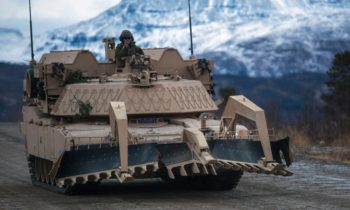 Nearly 300 Marines will begin operating this month in the Arctic as part of the Corps’ push to establish a full-time presence in Norway, which hosts hundreds of U.S. tanks, artillery and enough firepower to move thousands more American infantrymen in case of a crisis, said the Marines’ top commander in Europe.
Nearly 300 Marines will begin operating this month in the Arctic as part of the Corps’ push to establish a full-time presence in Norway, which hosts hundreds of U.S. tanks, artillery and enough firepower to move thousands more American infantrymen in case of a crisis, said the Marines’ top commander in Europe.
“I call it the Marine Rotational Force Europe because I want it to go anywhere,” said Marine Forces Europe boss Maj. Gen. Niel Nelson in an interview Friday at his Stuttgart headquarters.
The initial wave of troops will be arriving in Norway in the coming week, with the full 285-strong unit to be in place within two weeks. The rotations will last six months and build on a long-standing Marine partnership with the Norwegians. The Marines’ decision to keep a force in Norway was both economic and strategic, Nelson said.
A steady presence, rather than flying back and forth for periodic training, adds efficiencies, he said. It also sends a signal of solidarity to NATO ally Norway and positions the Corps to better mobilize in an emergency, Nelson added.
In Norway, the Marines have long maintained large stockpiles of weaponry, which fill a network of caves with equipment to accommodate the roughly 14,000 troops in a full Marine Expeditionary Brigade.
“That (equipment) can go anywhere,” Nelson said. “Any crisis in Europe, it will allow us to respond to that, down south, in the Mediterranean. There is an assurance to that.”
The plan for a year-round presence of Marines in Norway has prompted an outcry from Moscow, which sees the initiative as a provocation. Since the Russian military’s 2014 intervention in Ukraine, the U.S.-led NATO alliance has boosted its defenses along its borders with Russia.
Nelson, who assumed command in 2015, played down Russia’s criticism, saying the Marines have been a factor in Norway for a generation.
“We have been there for 25 years,” said Nelson, who joined the Corps in 1984. “We have been going to Norway for exercises every year since I have been a Marine.”
The push into Norway is the latest in a series of efforts over the past seven years that has marked an upswing of Marine activity in Europe, which historically has been less of a focus for the Pacific-minded Corps.
Still, the Marines have carved out a niche in a region long dominated by a large Army presence. The Corps has focused on small-unit training, mobility and taking advantage of its airlift capabilities to quickly maneuver Marines around the Continent.
In 2010, the Marines set up the Black Sea Rotational Force, which bases hundreds of Marines in Romania to conduct missions across the region. A few years later came a Special Purpose Marine Air Ground Task Force out of Sigonella, Italy, and a crisis-response force out of Moron, Spain, which are heavily focused on Africa. The crisis responders were put in place in the wake of 2012 attacks in Benghazi, Libya, which resulted in the deaths of Ambassador Christopher Stevens and four other Americans.
On an average day, there are roughly 1,500 Marines operating around Europe, Nelson said.
Nelson, who also overseas Marine efforts in Africa, said the “new normal” is maintaining a state of vigilance to ensure U.S. embassies on the continent can quickly be secured if conditions deteriorate in a given country.
In the year ahead, Nelson’s focus in Europe will be fine-tuning the new Norway operation.
When the first rotation arrives this month, the Marines will assemble at their Spartan camp in the coastal city of Vaernes. After getting acclimated, they will move into the Arctic for two months of cold-weather training in Porsangermoen, a zone on the periphery of Russia. Marines will train with United Kingdom and Norwegian forces, culminating with the Joint Viking Exercise. Then the Marines will circulate though the Baltics and Romania for more drills, Nelson said.
The primary focus is Norway, which will enable Marines to develop new skills for operating in the extreme cold, but the force also will play a role in other U.S. European Command efforts.
“In the six months they are there they will be very busy,” Nelson said.
Come summer, another group of Marines will relieve the current cadre.
(stripes)


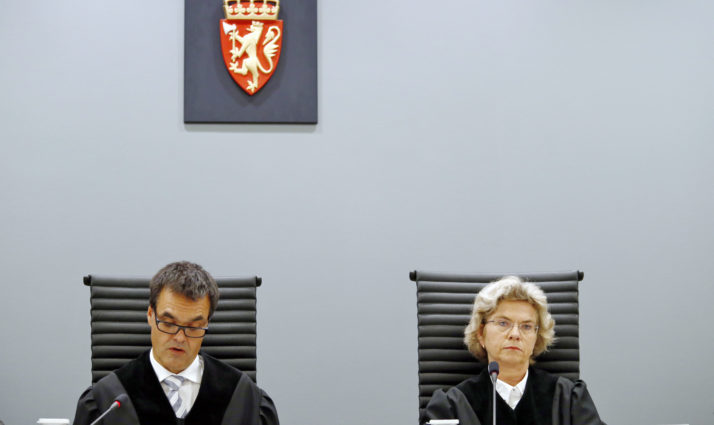
 A spat over the re-appointment of a judge to a European court has given rise to accusations of politicians meddling with the judiciary. The country in question? Norway.
A spat over the re-appointment of a judge to a European court has given rise to accusations of politicians meddling with the judiciary. The country in question? Norway.
 Norway is taking a nose dive into the digital world — at least with radio. The Norwegian government will be the first country to completely transition to digital radio, and it’ll start when it switches off FM radio channels on January 11, at exactly at 11:11:11 AM local time.
Norway is taking a nose dive into the digital world — at least with radio. The Norwegian government will be the first country to completely transition to digital radio, and it’ll start when it switches off FM radio channels on January 11, at exactly at 11:11:11 AM local time.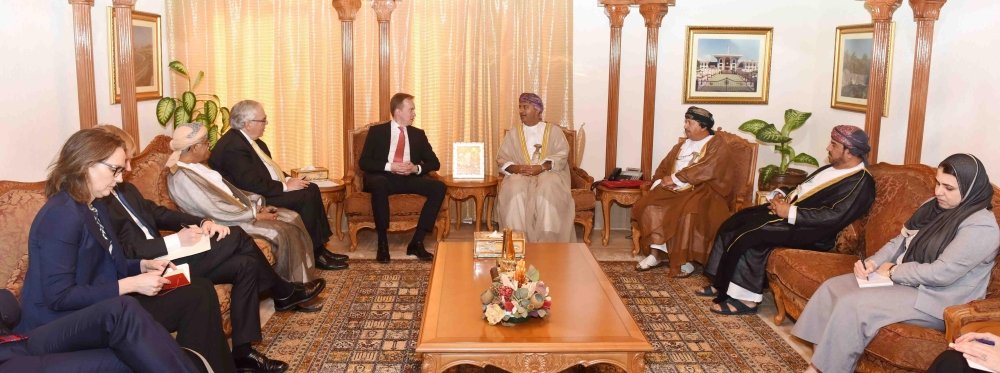
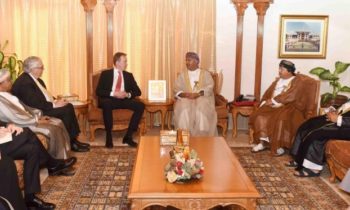 Oman minister of Commerce and Industry received Borge Brende, Minister of Foreign Affairs in Norway, yesterday.
Oman minister of Commerce and Industry received Borge Brende, Minister of Foreign Affairs in Norway, yesterday.
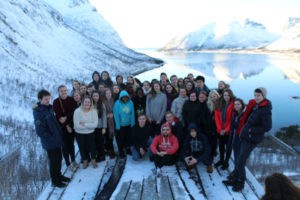 IB World Schools from across the Barents region are working to help create sustainable future societies
IB World Schools from across the Barents region are working to help create sustainable future societies Marina Kruptsova, a Gimnazia 9 school student, enjoyed visiting Senja Videregående school, and sharing her culture. She says: “Almost every evening we spent time with Norwegian students. On the first day we presented national costumes, and we taught the Norwegians how to play Russian games, which was great fun. On other days, they taught us how to play their games.”
Marina Kruptsova, a Gimnazia 9 school student, enjoyed visiting Senja Videregående school, and sharing her culture. She says: “Almost every evening we spent time with Norwegian students. On the first day we presented national costumes, and we taught the Norwegians how to play Russian games, which was great fun. On other days, they taught us how to play their games.”
 The Church of Norway—a Lutheran body—ceased to be Norway’s official “public religion” on January 1, and its ministers are no longer government employees.
The Church of Norway—a Lutheran body—ceased to be Norway’s official “public religion” on January 1, and its ministers are no longer government employees.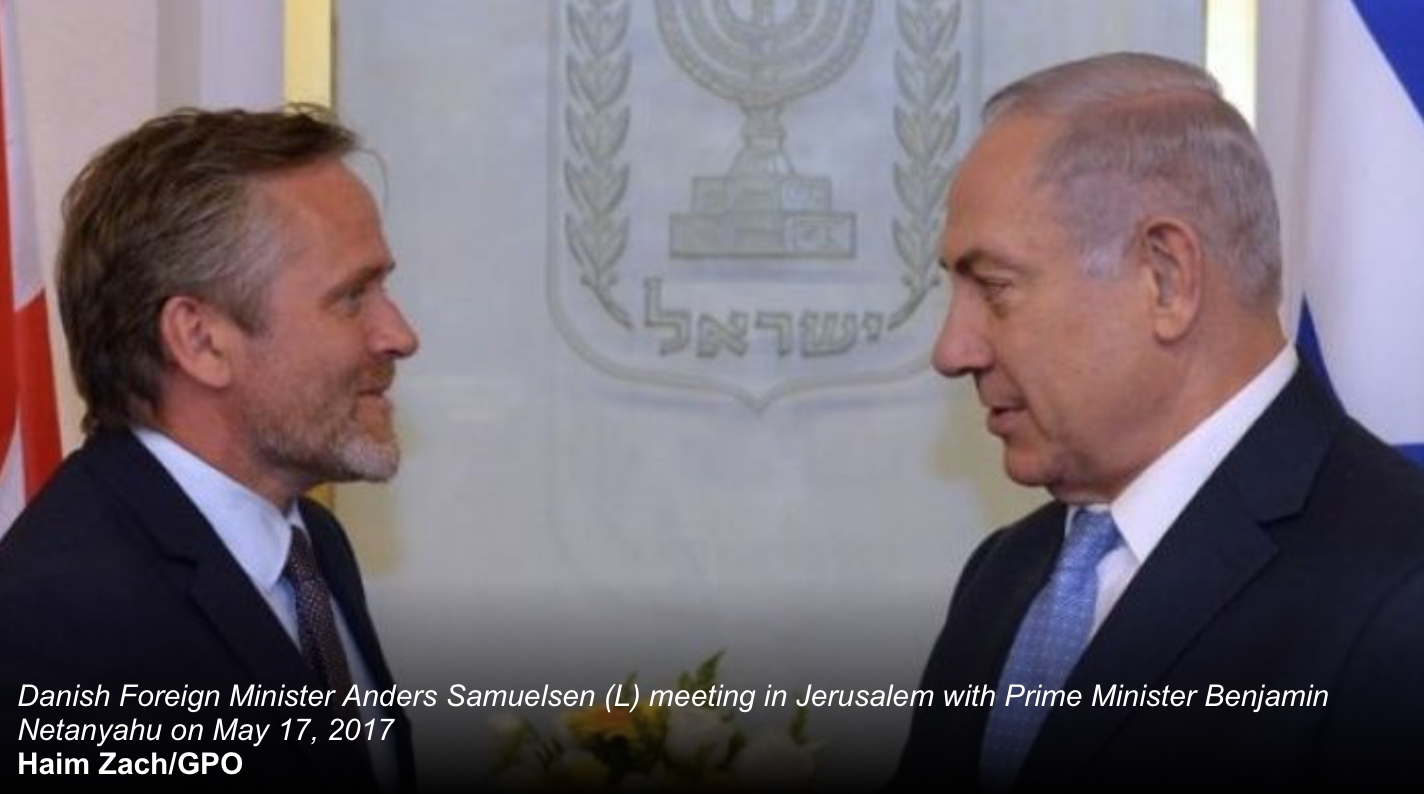
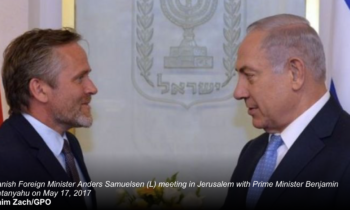 Government’s believes in ‘dialogue and cooperation to create mutual trust’ as solution to ending conflict
Government’s believes in ‘dialogue and cooperation to create mutual trust’ as solution to ending conflict
 Celebrations have begun as people around the world ring in the New Year.
Celebrations have begun as people around the world ring in the New Year.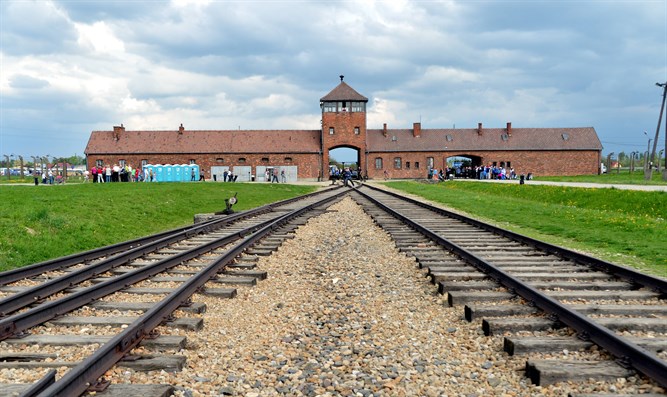
 Norway’s public broadcaster apologized for referencing Nazi death camps and the Jewish genocide in a satirical cartoon about the financial situation of university students.
Norway’s public broadcaster apologized for referencing Nazi death camps and the Jewish genocide in a satirical cartoon about the financial situation of university students.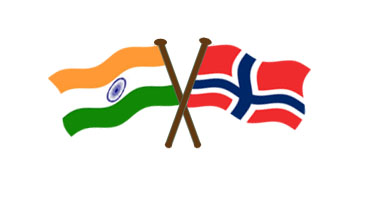
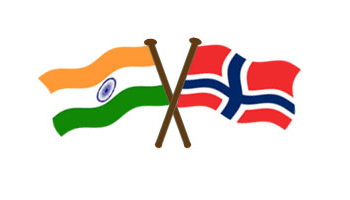 India and Norway will soon begin collaborative research in the area of antimicrobial resistance. The broad research areas covered under this collaborative research programme include, surveillance systems for antimicrobial resistance and antibiotic use in humans and/or animal population; design, implementation and evaluation of antibiotic stewardship programmes including intervention studies to promote infection control and clinical practice guidelines in hospitals, primary care and veterinary medicine; novel strategies for diagnosis and treatment of infections caused by multidrug resistance bacteria; and ecological, evolutionary and molecular properties of antimicrobial resistance.
India and Norway will soon begin collaborative research in the area of antimicrobial resistance. The broad research areas covered under this collaborative research programme include, surveillance systems for antimicrobial resistance and antibiotic use in humans and/or animal population; design, implementation and evaluation of antibiotic stewardship programmes including intervention studies to promote infection control and clinical practice guidelines in hospitals, primary care and veterinary medicine; novel strategies for diagnosis and treatment of infections caused by multidrug resistance bacteria; and ecological, evolutionary and molecular properties of antimicrobial resistance.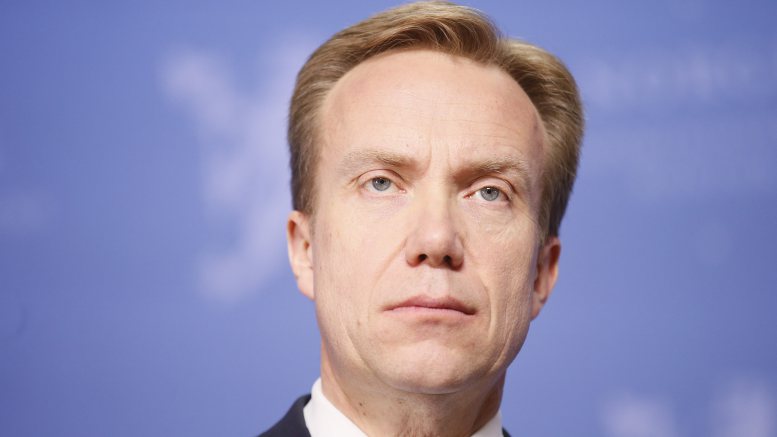
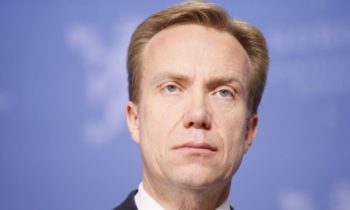 Norway has substantially increased its assistance for the Syrian crisis in 2016. ‘The war in Syria is affecting millions of people and has ramifications for the whole world. Norway has been at the forefront of efforts to mobilise more international aid, and we have provided NOK 2.7 billion ourselves this year. This funding is helping to save lives and provide schooling for children and young people in a crisis situation,’ said Minister of Foreign Affairs Børge Brende.
Norway has substantially increased its assistance for the Syrian crisis in 2016. ‘The war in Syria is affecting millions of people and has ramifications for the whole world. Norway has been at the forefront of efforts to mobilise more international aid, and we have provided NOK 2.7 billion ourselves this year. This funding is helping to save lives and provide schooling for children and young people in a crisis situation,’ said Minister of Foreign Affairs Børge Brende.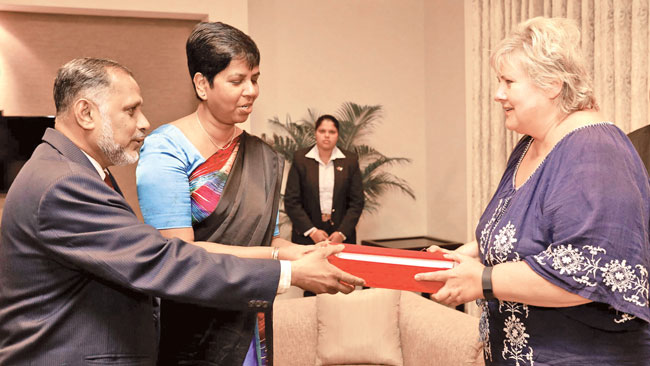
 As directed by the Prime Minister, Sri Lanka Fisheries and Aquatic Resources Development Ministry through the Ministry of Foreign Affairs has requested the Government of Norway for technical assistance for formulation of a National Fisheries and Aquaculture Policy.
As directed by the Prime Minister, Sri Lanka Fisheries and Aquatic Resources Development Ministry through the Ministry of Foreign Affairs has requested the Government of Norway for technical assistance for formulation of a National Fisheries and Aquaculture Policy.
 Two Polish men accused of blowing up ATMs in Germany, Denmark, Norway and Sweden have been detained by police in Poland.
Two Polish men accused of blowing up ATMs in Germany, Denmark, Norway and Sweden have been detained by police in Poland.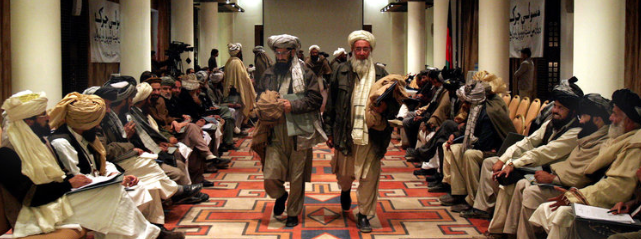
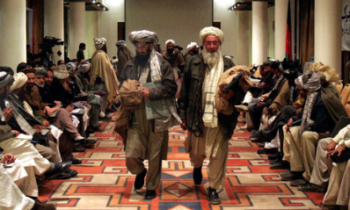 At a corner table of the Marriott Hotel in Pakistan’s capital, an emissary from the Taliban’s supreme leader arrived with a message of peace.
At a corner table of the Marriott Hotel in Pakistan’s capital, an emissary from the Taliban’s supreme leader arrived with a message of peace.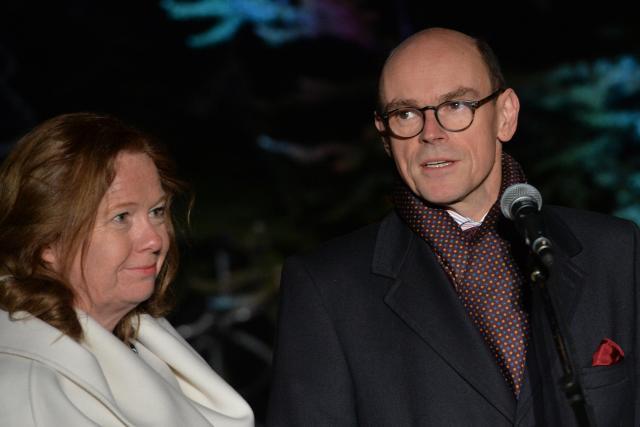
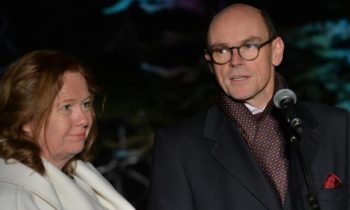 It is understandable that the image of NATO in Serbia is not good, says Norwegian Ambassador to Serbia Arne Bjornstad.
It is understandable that the image of NATO in Serbia is not good, says Norwegian Ambassador to Serbia Arne Bjornstad.
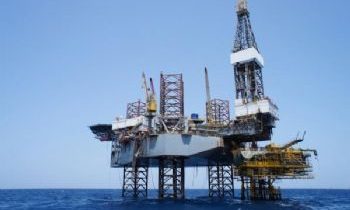 Norwegian oil companies have scaled back their 2017 investment plans, according to the latest Statistics Norway survey.
Norwegian oil companies have scaled back their 2017 investment plans, according to the latest Statistics Norway survey.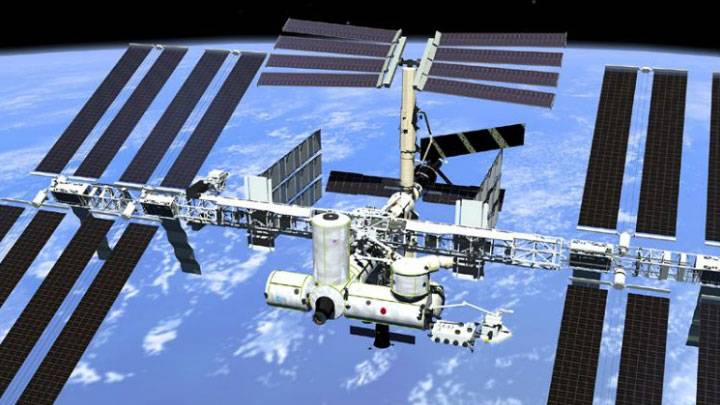
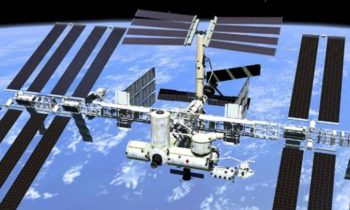 Astronauts on the International Space Station might soon be getting help from a swarm of snakebots, if Norwegian engineers get their way.
Astronauts on the International Space Station might soon be getting help from a swarm of snakebots, if Norwegian engineers get their way.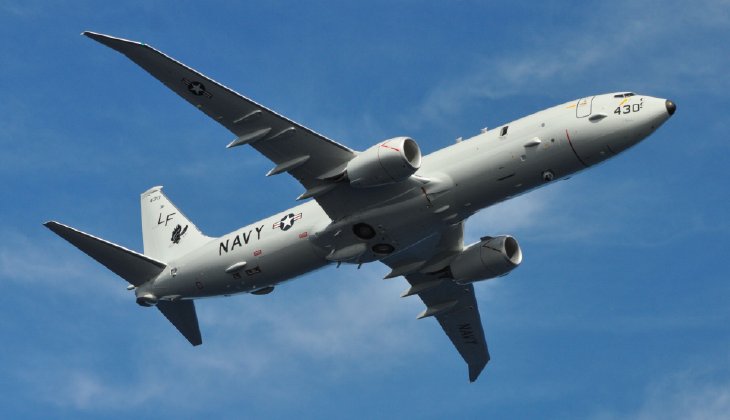
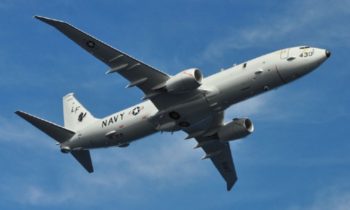 The State Department on Wednesday announced that it approved the sale of five P-8A Poseidon surveillance aircraft to Norway.
The State Department on Wednesday announced that it approved the sale of five P-8A Poseidon surveillance aircraft to Norway.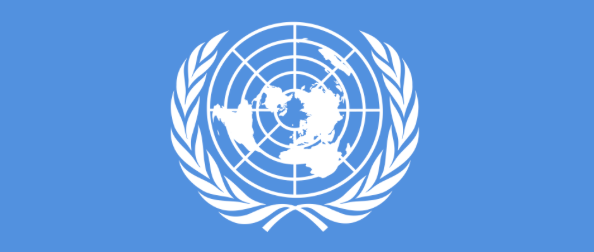
 ‘Norway will play an active and constructive role in the UN Peacebuilding Commission. We will use our experience in the areas of conflict prevention, mediation and peacebuilding to strengthen the UN’s work to promote peace and development,’ said Minister of Foreign Affairs Børge Brende.
‘Norway will play an active and constructive role in the UN Peacebuilding Commission. We will use our experience in the areas of conflict prevention, mediation and peacebuilding to strengthen the UN’s work to promote peace and development,’ said Minister of Foreign Affairs Børge Brende.
 The World Bank is stepping up its fight against poverty. From July 2017 to June 2020, Norway will provide NOK 2.7 billion to the World Bank’s Fund for the Poorest, the International Development Association (IDA).
The World Bank is stepping up its fight against poverty. From July 2017 to June 2020, Norway will provide NOK 2.7 billion to the World Bank’s Fund for the Poorest, the International Development Association (IDA).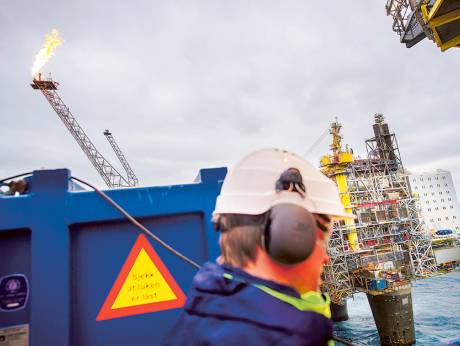
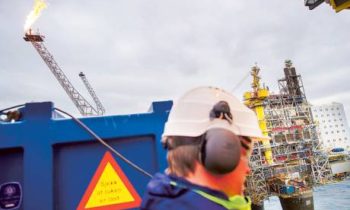 The man overseeing energy policy in western Europe’s biggest oil-producing nation says the worst downturn in the history of Norway’s offshore industry appears to have bottomed out as Opec’s historic deal continues to reverberate across the globe.
The man overseeing energy policy in western Europe’s biggest oil-producing nation says the worst downturn in the history of Norway’s offshore industry appears to have bottomed out as Opec’s historic deal continues to reverberate across the globe.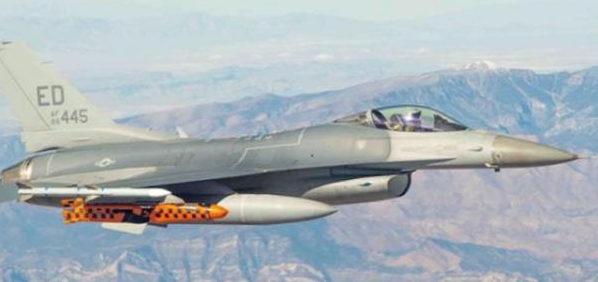
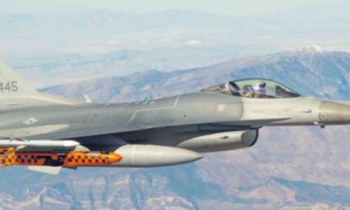 A Norwegian missile designed for the F-35 has performed a fight test in the United States.
A Norwegian missile designed for the F-35 has performed a fight test in the United States.
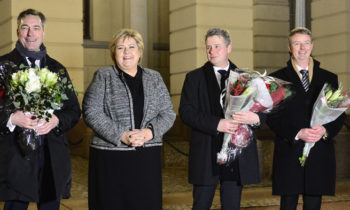 Norwegian Prime Minister Erna Solberg on Tuesday reshuffled her three-year-old government, replacing three ministers, ahead of next year’s general elections.
Norwegian Prime Minister Erna Solberg on Tuesday reshuffled her three-year-old government, replacing three ministers, ahead of next year’s general elections.